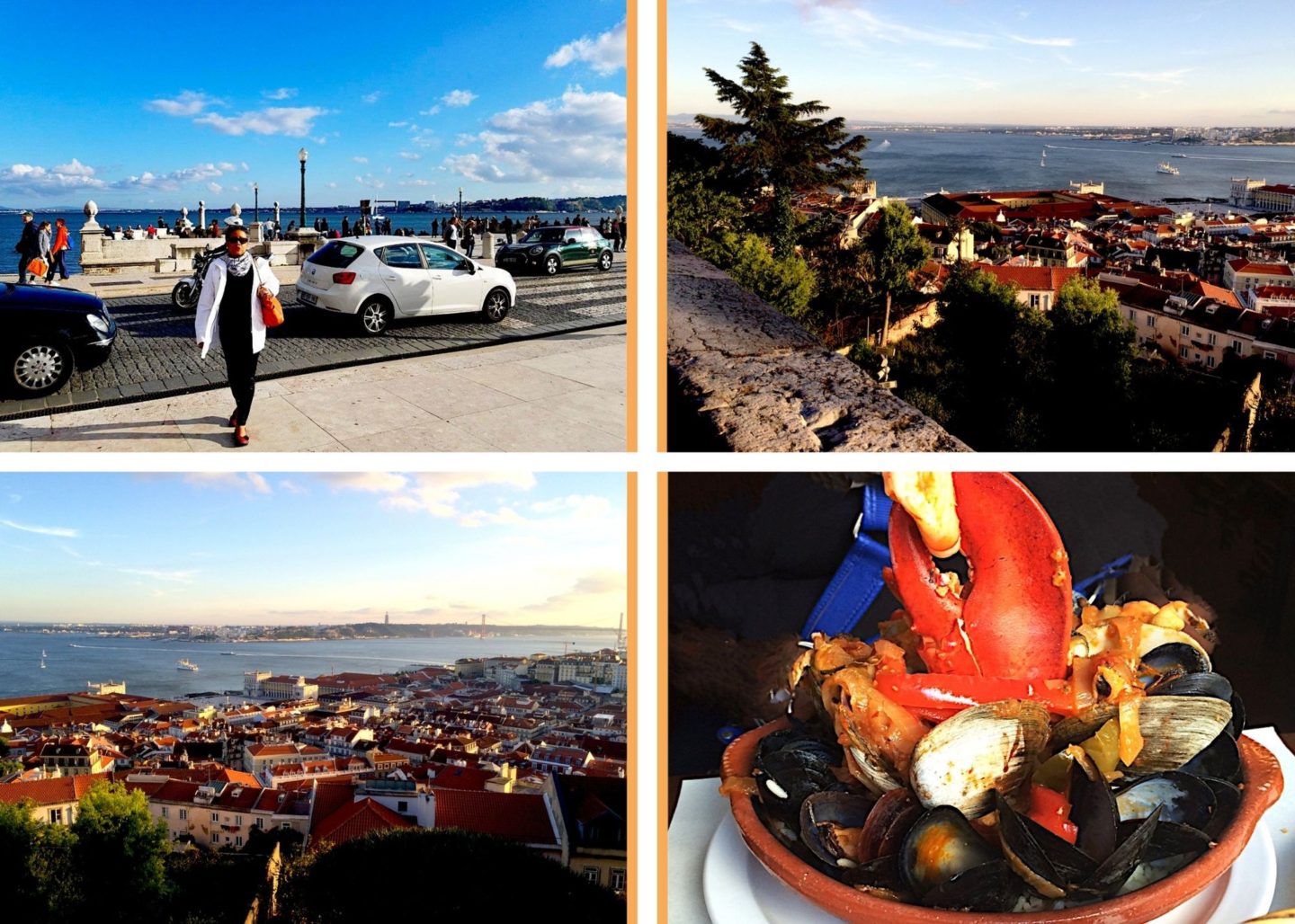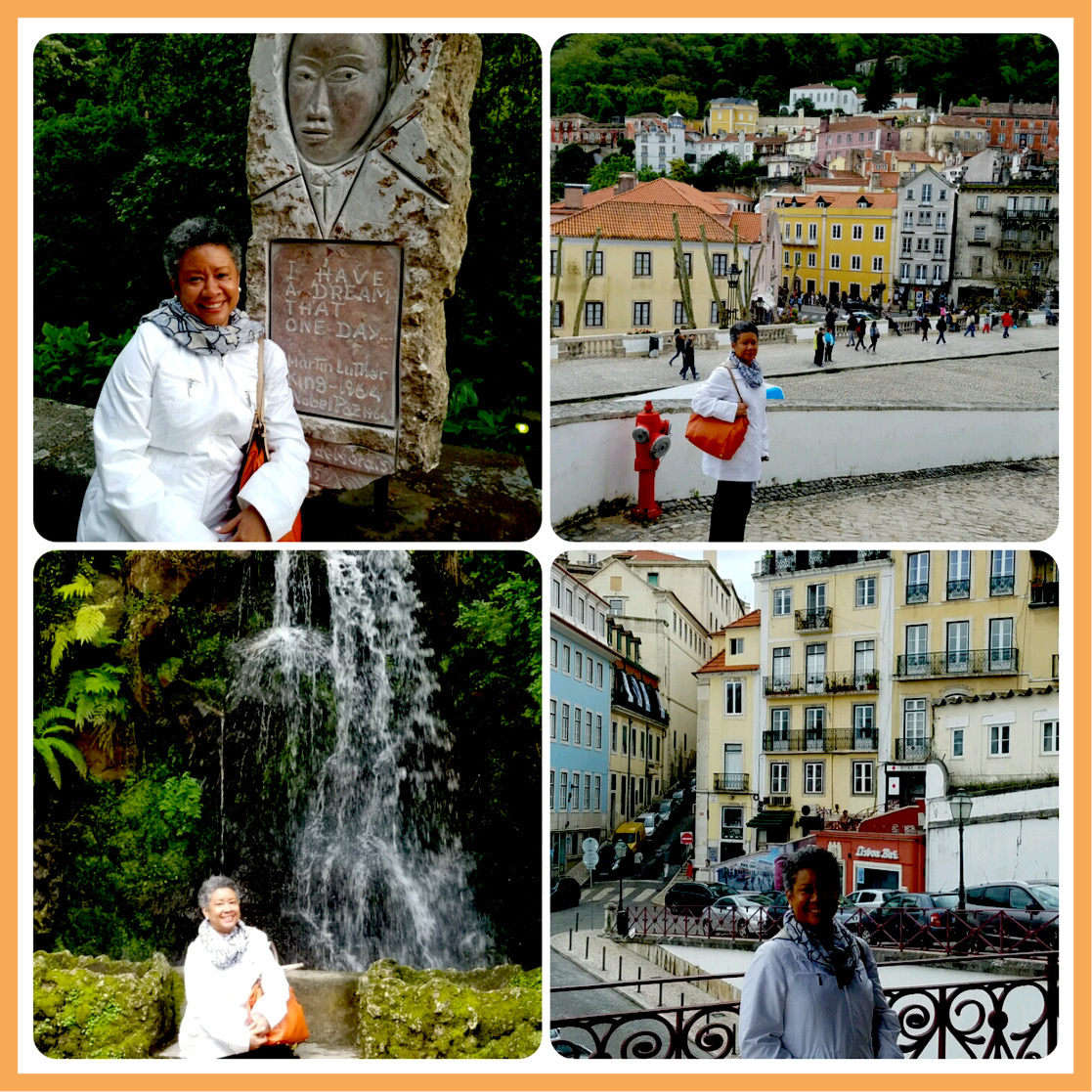
My birthday was fast approaching and I wanted to make it special and a reward for another tour of duty in Montreal, having left my family and community unexpectantly for a second time as a work expat. For anyone who has ever visited Montreal, the city is very cosmopolitan and prides itself on its French cultural heritage enriched by the apport of immigrants from all over the Francophonie and beyond. As such, the city boasts a large population of Portuguese immigrants who have made famous the neighborhood located in the western portion of Le Plateau Mont Royal, aptly named “Little Portugal”. Portuguese businesses, including many restaurants, can be found along several blocks on Saint Laurent Boulevard on Le Plateau.
No one cooks seafood and codfish like the Portuguese. My fellow Northeasterners can vouch for this since I hosted them in a Portuguese restaurant on Saint Laurent Boulevard in the fall of 2015 during an unforgettable weekend of fun and fellowship in Montreal. And, just reminiscing about that special weekend makes my mouth water……
For having visited and often enjoyed the restaurants in Little Portugal, I just knew that it would not compare to sampling Portuguese fare in Portugal. And that is simply how I decided to head that way across the Atlantic to celebrate my birthday. I mapped out my itinerary, made all the arrangements, purchased my plane and public transportation tickets as well as my Lisboa card to navigate the City of Lisbon and environs. I planned and purchased all my excursions including a day trip to Santiago de Compostela in northwest Spain’s Galicia region. This was all waiting for me neatly in a brown envelop inside the tourism office located at the airport in Lisbon.
It was early afternoon when I arrived. After over 24 hours of travel, I decided to hail a cab to take me directly to my hotel near the center of town. The place was conveniently located near the main pedestrian artery, Augusta Street that leads to the Arch and the Tagus River. I set on foot to visit Lisbon and headed to Alfama for it intrigued me, being the oldest neighborhood in the city and practically the only one that had survived a major earthquake in the 18th century. This historic neighborhood is served by small narrow steep streets that meander the side of one of the seven hills that make up the city and is made famous for being the center of Fado, a melancholic music style of Lisbon. You can hear the music playing inside the many restaurants and pubs that line the narrow streets as you visit the neighborhood. There, I met and I enjoyed a lengthy conversation with a French speaking African immigrant who told me of his journey across the Atlantic and the family he had left at home and supported from selling wares to tourists in the streets of Lisbon. Before I left to dinner, he gave me me one of his handmade leather bracelets as a gift. I marveled at the generosity of a stranger who saw fit to gift me with a sample of his merchandise just because I engaged with him for longer than the time it takes to complete a commercial transaction.
On my way back to the hotel, I stopped at a small family restaurant near the medieval cathedral where I had the best grilled fish, fresh vegetables, and plenty of wine to wash it down. The food and the hospitality were exquisite. All I could recall is how fresh everything tasted: essentially, from the sea and the farm to the table.
I do not speak Portuguese, but if you can manage a few Spanish words, you will do just fine on a visit to Lisbon. I found Lisboans eager to talk to strangers and they are not afraid of giving you a glimpse of their world; and so, you learn of their struggles, hopes, joys, and toils as you visit. It is touching how they readily share the beauty and the struggles of the country. Overall, I remember Lisbon for how it made me feel: the city was smaller in scale, friendlier, and more hospitable than other European capitals. And the food was fresh, plentiful, and tasty: hot thick Portuguese chocolate and warm baked bread in the morning, mountains of littleneck clams for lunch with vegetable, and grilled seafood with steamed potatoes in the evening. Not to mention its wines, from Portugal’s “Vinho Verde” that I was introduced to in Montreal, its Port and Madeira and its glorious and full-bodied red varieties from the Douro Valley. The food is perfection.
My visit to Portugal would not be complete without a tour of Fatima. I set out early one morning on the train and spent a day as another pilgrim in contemplation of this great mystery. When I returned to Lisbon in the evening, there was partying everywhere: Portugal had just won the European Champion cup and the City and its residents were readying themselves to party. Lisboans celebrated the victory of their soccer team all night with a parade fit for champions and plenty of dancing in the streets. It was a great time to be in Lisbon if you enjoy the excitement and exuberance of a crowd.
The next day, I headed to Sintra to visit a UNESCO World Heritage site. Sintra is of easy access from Lisbon on the train. At the entrance to town on the way to the summer palace of the former monarchs of Portugal, a sculpture of Nobel Laureate, Martin Luther King Jr engraved with one of his famous quotes greets visitors as a reminder of the global impact of his life’s work and sacrifice.

The summer Palace, although majestic, is not Sintra’s main attraction. The estate of Regaleira listed as a UNESCO World Heritage site is probably what visitors remember best from their visits to Sintra. It is a sprawling estate of approximately 10 acres of magnificent gardens, anchored by an equally magnificent palace and chapel. The grounds are no less luxurious for the Italian architect that laid out the land and the buildings included lakes, grottoes, wells, benches, fountains, aquarium, et…. You can easily spend an entire day visiting the Quinta da Regaleira edifices and grounds.
It was soon time to take the train back to the city and spend more time visiting Lisbon and its environs before heading to Porto in northern Portugal.
